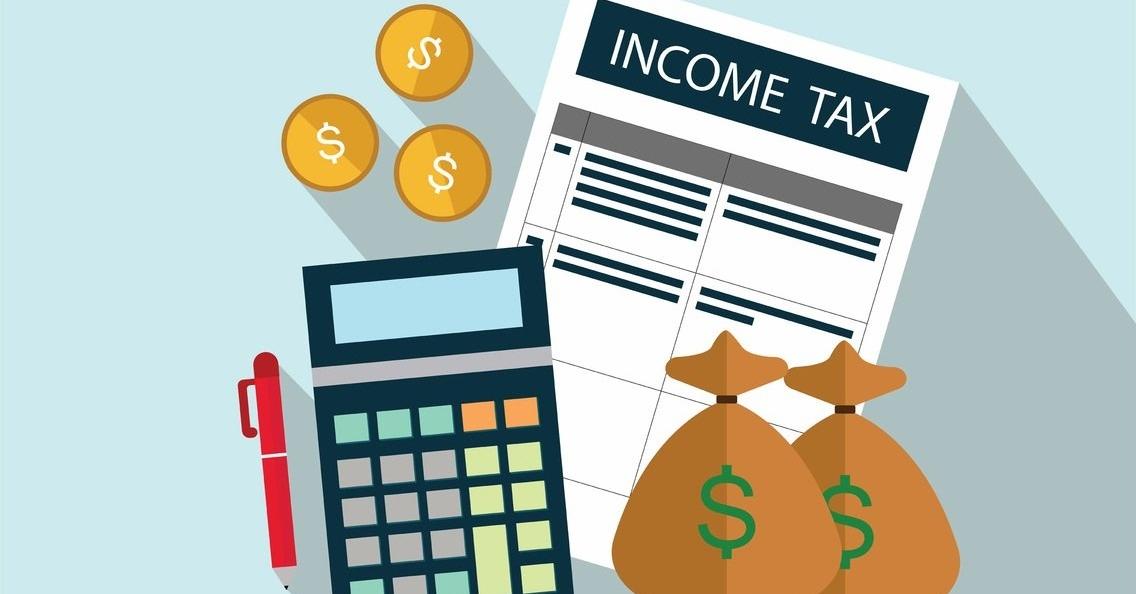Are you curious to know what is person in income tax? You have come to the right place as I am going to tell you everything about person in income tax in a very simple explanation. Without further discussion let’s begin to know what is person in income tax?
Income tax is a complex and highly regulated financial system that affects the financial lives of individuals, businesses, and various entities. In this world of taxation, the term “person” holds particular significance, as it is a crucial concept used to determine who is liable for income tax, what tax rates apply, and the nature of tax obligations. In this blog, we will explore what the term “person” means in income tax, its various interpretations, and its implications for taxpayers.
What Is Person In Income Tax?
In the context of income tax, the term “person” has a broader and more inclusive definition than its everyday usage. It encompasses various entities, not just individuals. The Income Tax Act categorizes the term “person” into the following major categories:
- Individuals: An individual person, a natural human being, is the most straightforward example of a “person” in income tax. This category includes you, me, and every taxpayer who files an income tax return.
- Hindu Undivided Family (HUF): Under Indian income tax law, an HUF is considered a separate entity for taxation purposes. An HUF consists of a family that follows Hindu customs and traditions and comprises all members of the family who are living together and share a common ancestor.
- Companies: Any registered business entity, whether private, public, or other types, is considered a “person” for income tax purposes. Companies pay income tax on their profits, and the rate depends on the type of company.
- Firms: Partnership firms, Limited Liability Partnerships (LLPs), and similar associations of persons conducting business are classified as “persons” and are required to file income tax returns.
- Association of Persons (AOP) and Body of Individuals (BOI): AOP and BOI are special categories that encompass groups of individuals or entities engaged in collective activities. They are considered “persons” for tax purposes and are taxed accordingly.
- Trusts: Trusts that are set up for specific purposes, such as charitable or religious activities, are also categorized as “persons.” They have unique tax regulations, often enjoying tax exemptions or reduced tax rates.
- Artificial Juridical Persons: In some instances, entities that are not human, like a deceased person’s estate or an association of persons not meeting the criteria for HUF, are considered artificial juridical persons and fall under the tax net.
Empower Your Knowledge By Visiting Techyxl.
Implications Of “Person” In Income Tax
The use of the term “person” in income tax has significant implications:
- Tax Liability: Different categories of persons are subject to distinct tax rates, exemptions, and deductions. The classification affects the calculation of tax liability.
- Filing Obligations: Depending on the category of person, the filing obligations, deadlines, and documentation required for income tax returns vary. It’s essential for taxpayers to understand their category and associated obligations.
- Legal Liability: The term “person” is vital in the context of legal matters, including tax disputes, appeals, and assessments. Knowing the category to which one belongs can be critical in these scenarios.
- Tax Planning: Recognizing your classification as a “person” under the income tax law is essential for effective tax planning. Each category may have specific strategies and opportunities for minimizing tax liability.
Conclusion
The term “person” in income tax is a comprehensive concept that goes beyond individual taxpayers and encompasses various entities, including businesses, partnerships, and organizations. Understanding how this term applies to your financial circumstances is essential for complying with income tax regulations, determining your tax liability, and optimizing your tax planning strategies. Whether you are an individual taxpayer, part of an HUF, a company, or any other type of entity, knowing your classification as a “person” is a crucial step in navigating the intricate world of income taxation.
FAQ
Who Is A Person In Income Tax Act?
The term person is defined under section 2(31) of the Income Tax Act. There are seven categories covered under the term “Person”.This means – An Individual ( Salaried Person, Person who is a sole proprietor, Teacher etc.) HUF(Hindu Undivided Family) A Company (Winiin Taxscope Private Limited, Infosys Ltd.)
What Is Person And Assessee?
Each and every person who has been taxed in the previous years for income earned by him is treated as an Assessee under the Income Tax Act, 1961. An Assessee may be any individual liable to pay taxes for himself or to pay tax on behalf of somebody else.
What Do You Mean By Person Income?
Personal income includes compensation from a number of sources, including salaries, wages, and bonuses received from employment or self-employment, dividends and distributions received from investments, rental receipts from real estate investments, and profit sharing from businesses.
Who Is The Person And Assessee In Income-Tax?
Assessee means a person liable for payment of taxes or any other sum of money under the Income-tax Act. It also includes the person for whom any proceeding has been initiated under the Income-tax Act. The term ‘assessee’ also includes ‘deemed assessee’ and ‘assessee-in-default’. CMSID. Sort Order.
I Have Covered All The Following Queries And Topics In The Above Article
What Is A Person In Income Tax
What Is Association Of Person In Income Tax
What Is The Meaning Of Person In Income Tax
What Is Person In Income Tax Act
What Is Person In Income Tax With Example
What Is Person In Income Tax In India
What Is Person In Income Tax Act 1961
Define The Term Person In Tax
What Is Income In Income Tax
Assessee In Income Tax
Previous Year In Income Tax
Person Under Section 2(31) Of Income Tax Act
What Is Person In Income Tax
Who is a person in Income Tax Act

